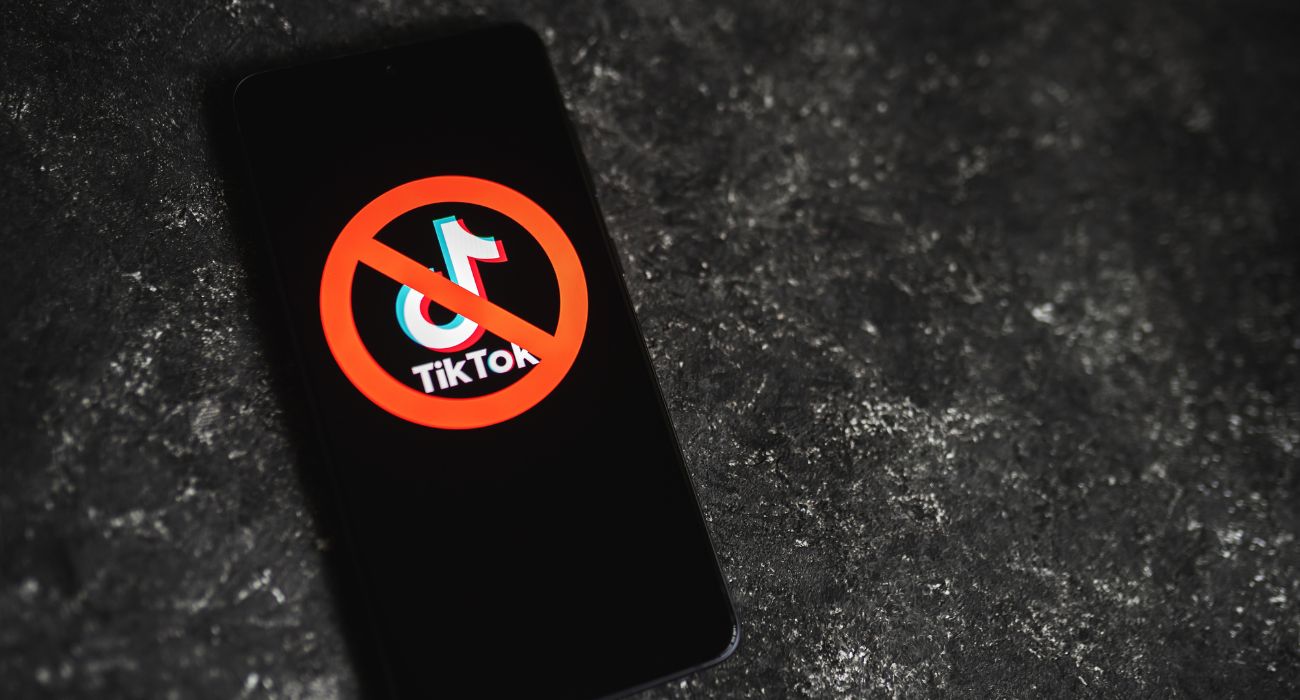The U.S. House of Representatives voted on Wednesday in favor of a bill that would ban TikTok unless the application’s Chinese-based parent company, ByteDance, sells its shares.
The bill was passed by the House with a vote total of 352-65 and will now be sent forward to the U.S. Senate for consideration, though it is unknown whether it will be taken up by the chamber.
Those in favor of the bill have presented concerns that the Chinese government could force ByteDance to release information on over 170 million American users.
“We must ensure the Chinese government cannot weaponize TikTok against American users and our government through data collection and propaganda,” House Majority Leader Steve Scalise (R-LA) said.
The bill’s advancement comes shortly after FBI Director Christopher Wray testified at a Senate Intelligence Committee hearing that the Chinese government could potentially use the application to influence users and control software on devices.
“We’re not sure that we would see many of the outward signs of it happening if it was happening,” stated the director, according to NPR.
President Joe Biden recently addressed these concerns and said he would be in favor of the legislation, telling reporters at Joint Base Andrews, “If they pass it, I’ll sign it,” as previously reported by The Dallas Express.
Despite the concerns about Chinese connections presented by those in favor of the bill, some have said that banning the application would lead to other issues.
One well-known politician who opposes the bill is former President Donald Trump, who voiced his displeasure and said he would oppose the potential law.
Trump acknowledged that the application having ties to China poses risks but claimed that Meta’s Facebook, which he called “an enemy of the people,” would be the biggest beneficiary of TikTok’s removal.
“But when I look at it, I’m not looking to make Facebook double the size. And if you ban TikTok, Facebook and others — but mostly Facebook — will be a big beneficiary, and I think Facebook has been very busy,” he said, as reported by DX.
Rep. Mike Gallagher (R-WI), the chair of the House Select Committee on China who helped author the bill, has clarified that it is not a complete ban on the application, saying that passing the bill would instead result in “a forced separation.”
“The TikTok user experience can continue and improve so long as ByteDance doesn’t own the company,” he explained, per NPR.
While the bill made it through the House without much discussion, it remains unclear whether the Senate will pass or even vote on the legislation.
Senate Majority Leader Chuck Schumer (D-NY) refused to indicate whether the legislation will be put to the vote, stating that the Senate “will review the legislation when it comes over from the House,” per CBS News.
Sen. John Cornyn (R-TX) has said that the Senate will likely take much longer to act on the bill than the House, noting that senators will act “slowly over here, and this takes time.”
“I think it’s more than likely that we will take up their bill and amend it and say we’ve come up with some areas where we think it needs improvement,” detailed Cornyn, as reported by NBC News.
“My concern is that if you try to deal with this by name, you’re playing a game of whack-a-mole because what’s TikTok today, next week it’s TokTik or TicTak or whatever.”
Cornyn’s comments are in contrast to those of other senators who are concerned about the application’s ties to China. Senate Select Committee on Intelligence Chairman Mark Warner (D-VA) and Vice Chairman Marco Rubio (R-FL) released a joint statement to outline their concerns.
“We are united in our concern about the national security threat posed by TikTok — a platform with enormous power to influence and divide Americans whose parent company ByteDance remains legally required to do the bidding of the Chinese Communist Party,” the senators wrote in the statement.
“We were encouraged by today’s strong bipartisan vote in the House of Representatives, and look forward to working together to get this bill passed through the Senate and signed into law.”






